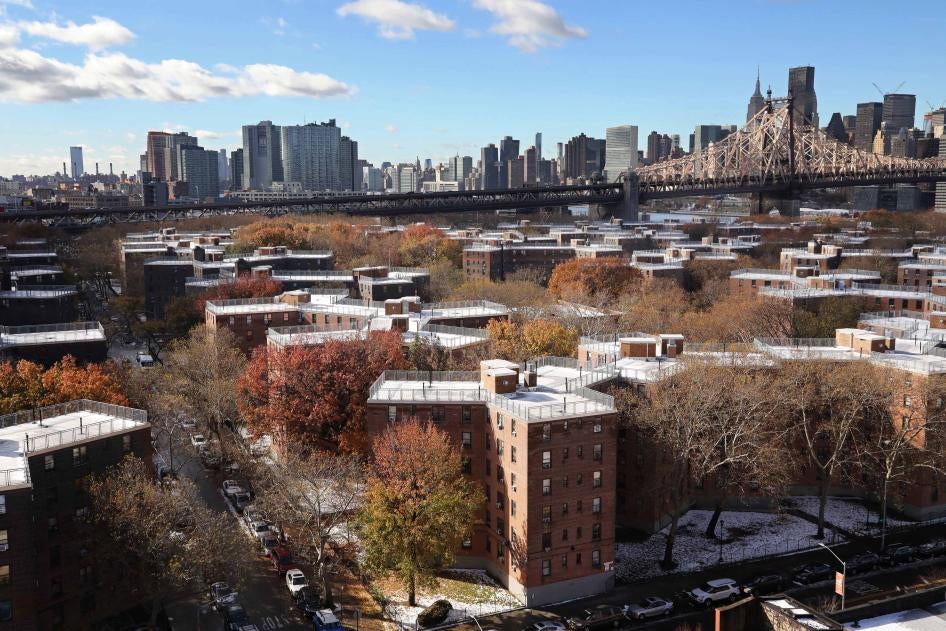The economic fallout from the Covid-19 pandemic has hit public housing residents in the United States especially hard. Most public housing residents have low incomes, and nearly half of the households residing in New York City Housing Authority (NYCHA) apartments reported losing income during the pandemic. Last year, over 40 percent were behind on rent.
The crisis gave NYCHA a crucial opportunity to reexamine how it approaches evictions. On February 3, NYCHA announced it had resolved 90 percent of its 34,000 existing nonpayment cases without judicial intervention and stated that, going forward, it would “reimagine” how it handles evictions by prioritizing only cases with large arrears extending past two years.
This could represent a major step in protecting public housing residents’ right to housing by potentially reducing the number of filed and completed evictions. On any given year, as many as 20 percent of the nonpayment cases filed in New York City are for NYCHA residents. While only a small handful of those cases result in residents losing their homes, even an eviction filing can negatively impact one’s ability to find housing in the future.
Although federal law sets public housing rents at 30 percent of household income, many residents still fall behind. Even prior to the pandemic, over 30 percent of NYCHA households had some rent arrears. Such high rates underscore the need for the federal government to review public housing rent levels and for housing authorities to help keep residents in their homes, for instance, by creating payment plans. In New York City, public housing accounts for the majority of homes affordable to those with the lowest incomes. For many residents, eviction would likely result in homelessness.
NYCHA has also privatized some of its housing developments through the Rental Assistance Demonstration (RAD) program. Human Rights Watch research found that, in two out of six developments, RAD was linked with increased evictions. However, obtaining a clear picture is difficult, as neither NYCHA nor the federal government have consistently disclosed comprehensive eviction data.
International human rights standards provide that authorities should consider the consequences for the tenant before anyone is evicted, and that laws on eviction should provide tenants with the greatest possible security of tenure. Evictions should not, in any case, result in individuals being rendered homeless. With full transparency, residents, advocates, and government agencies can work together to truly reimagine eviction, and ensure public housing fulfills its promise of providing affordable, stable homes.










